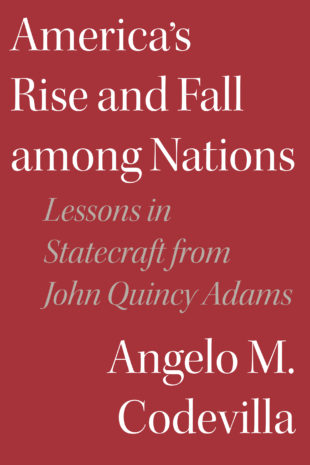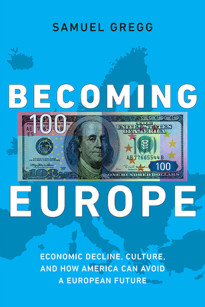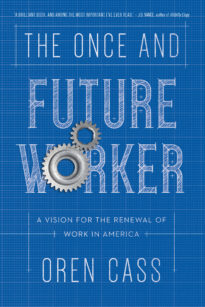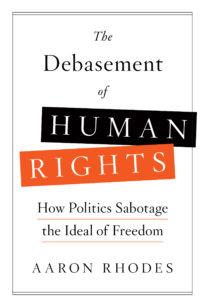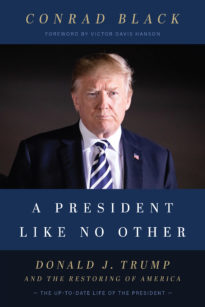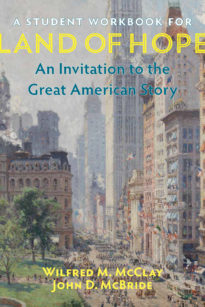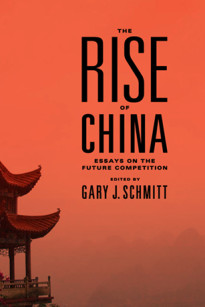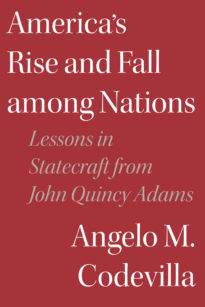What were America’s founders and their followers trying to foster and preserve by their conduct among nations? What were they trying to put first? Why did the Progressives turn away from these concerns? What did they put first? How dismissive were they of reality? What have been Progressivism’s effects on how America has fared among nations? How have changes in the world and in America itself made it impossible to continue on the Progressive course? How would John Quincy and those following his principles manage America’s present international situation?
By what principles might today’s statesmen put America First?
In America, as everywhere else, a people’s choices and priorities reflect who they are. From the earliest settlements, Americans have thought themselves fortunate that they or their ancestors had distanced themselves from the rest of European civilization – and not just geographically. America was their final destination. They had not come on the way to anywhere else. Few went back. They left old quarrels and did not come to start new ones. They came because they expected America to be different, a nearly empty land where they would have peace, freedom, and the bread that their hands earned. And that is why Americans’ relations with foreigners were always premised on appreciation for what made America different. Putting America First meant more than natural self-interest. It meant putting a better, describably different way of life first.
The Americans
The Europeans who had come to America had not been great men – actual or would-be contenders in Europe’s partisan or national struggles. Although the Puritans were unusually concerned with spiritual perfection, most early arrivals were ordinary but adventuresome Brits and Germans, old-fashioned about their Christianity and morals. They had left the Old Country to escape its troubles, as well as to run their own affairs, and had become happily accustomed to running their own lives with a minimum of trouble from without. The Puritan strain has played a considerable role in America’s foreign as well as domestic affairs. But for most Americans, the overriding objective of American foreign policy has ever been, first of all, protecting a decent, autonomous way of life for our citizens.
Putting America First always meant defending that way of life. Until 1765, frontier life in New England and New York also meant serving in militias to fight the Indian tribes that slaughtered, enslaved, and retreated behind France’s protection. In 1812, the local militia was not enough to prevent Indians armed by Britain from massacring the inhabitants of the Chicago settlement. So long as Spain held Florida, it enabled deadly Indian raids into the southern United States. In west-central Texas, the Comanche held up the frontier for a half century. President Lyndon Johnson’s mother narrowly escaped being murdered by them as a baby. Neither the British nor the French, nor the Spaniards who controlled the exit from the Mississippi, nor the Barbary pirates who ruled the Mediterranean were going to be nice to impotent Americans. The founders had won America’s independence by cruel war and were perfectly willing to make war for its honor and for the safety of Americans. Peace-loving Americans had no pacifist illusions.
Neither did they mean to “isolate” themselves. Americans may have been more dependent on international commerce than any other people in history, and at least as eager as any to explore the globe. Americans’ relations with peoples who differed from themselves in every way, whether ancient civilizations or modern despotisms, were easy and peaceful because Americans’ focus on their own business made them uninterested in others’ affairs. George Washington never lost an opportunity to urge his fellow citizens to view their concerns through the prism of their identities as Americans.
